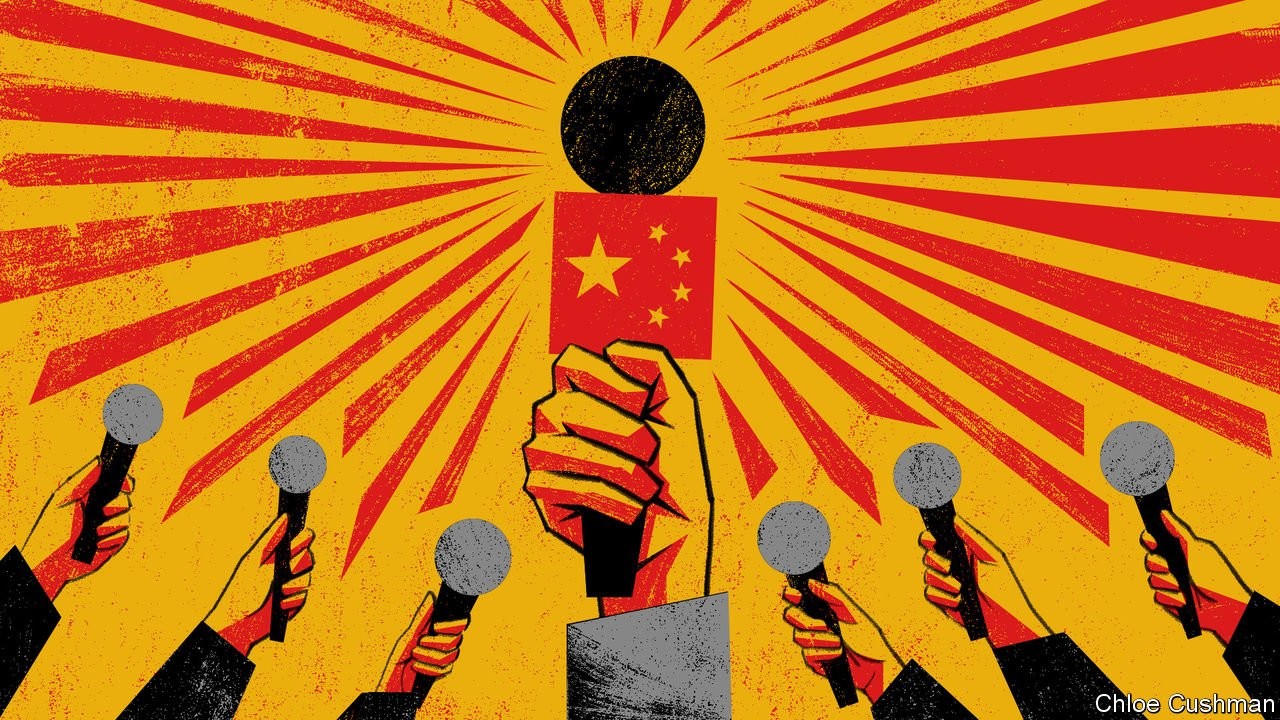The Chinese government and the private enterprises can acquire a foothold in the process by participating in a state-led initiative to better grasp the complexities of standard-setting and the
workings of international standards organizations specializing in technology. The Chinese government came up with the “China Standards 2035” project as a result of this since they understood the importance of technical and technological standards in terms of both politics and economics.
The notion is that developing nations that have positioned themselves in the technology sector have had to operate under the cover of Western rules and regulations. Controlling significant
technologies is a fundamental push for China’s participation in the standards process. In the case of telecommunications, the Chinese have had to pay significant sums of money to get patent licenses for networking technology produced by major hardware manufacturers such as Qualcomm and Cisco. This put China’s telecommunications industry at a disadvantage.
However, by licensing patents linked to 5G technology, Huawei has reaped tremendous economic gains for both the private and the government sectors. According to a media report, China has been leveraging its technological prowess and geopolitical heft to shape the global technological environment and standards to serve its commercial and strategic interests, to achieve Xi Jinping’s goal of making the nation a “major power with pioneering global influence” by 2049. According to the Times of Israel, China implemented a state-directed approach to influence international standards-setting and utilize them as a foreign policy tool to improve its worldwide standing. The Xi administration has used a dual-track method to develop international technological standards.
On the one hand, it aims to influence both multilateral (governmental) and multi-stakeholder technical Standards Setting Organizations (SSOs) by increasing the participation of Chinese tech companies and placing Chinese nationals in senior leadership positions; on the other hand, Chinese companies are creating benchmarks using the Belt and Road Initiative (BRI) and the Digital Silk Road, with guidance from the Party-State (DSR). The engagement of Chinese commercial entities at the International Telecommunication Union (ITU) has accelerated the impetus supplied by ITU’s current Secretary-General, Zhao Houlin, who has served two terms as Director of ITU’s Telecommunication Standardization Bureau (STB), according to the report.
Chinese organizations backed 145 new standards at the ITU in 2021, up from 46 in 2015 and six times more than Western organizations. In the last decade, the number of Chinese nationals in key multi-stakeholder SSOs such as the International Organization for Standardization (ISO) and the International Electro-technical Commission (IEC) has increased dramatically. Further than the IEC, ISO, and ITU, Chinese companies are also involved in other SSOs, such as the 3rd Generation Partnership Project (3GPP), which develops 5G technical specifications, and the Internet Engineering Task Force (IETF), according to the report, which also noted that Alibaba, Baidu, Huawei, Tencent, and ZTE are advanced members of the Institute of Electrical and Electronics Engineers (IEEE) Standards Association.
Chinese companies not only ‘flood’ committees with a large number of conventional recommendations, but they also tend to vote in unison. Beijing also has a history of using its debt and trade muscle to sway votes in favour of its ideas in many countries. As a result, the number of Chinese submissions to the ITU has a shockingly high success rate, according to the report. The Digital Silk Road (DSR), which is one of the key vehicles providing Chinese technology to BRI partner states, is another emerging component of China’s approach to technology standards-setting.
China propagates its technological standards in project host states by signing agreements with BRI partner governments, establishing dependencies that bind these countries to Chinese vendors and standards. Beijing’s actions, according to the report, are focused on establishing global standards for next- generation technologies, as well as gaining control over critical technologies such as the Internet of Things, Cloud Computing, Big Data, 5G, and artificial intelligence. The report suggested that international organizations must be mindful of these manoeuvres in order to
avoid Beijing from acquiring a monopoly over the world’s future-shaping technologies by dominating global technological standards.
There is a debate about whether a technical governance structure backed by China would be recognized globally, particularly in the West. There’s also the question of whether China will alter its position on how it supervises and regulates the usage of certain technology within its borders. This makes determining the role of geopolitics in the standard-setting process for developing technologies more difficult. But one thing is certain: China is attempting to persuade the international standards process to eventually regulate the use of key strategic technology.

Leave a Reply